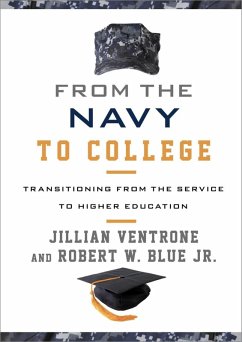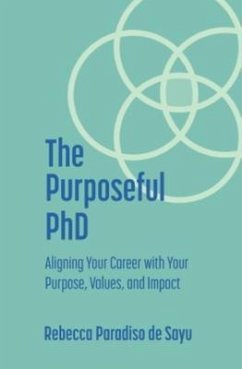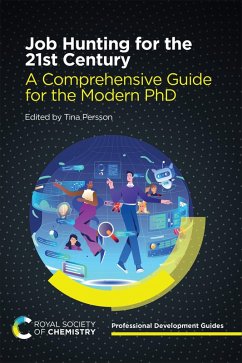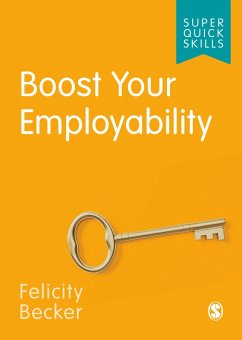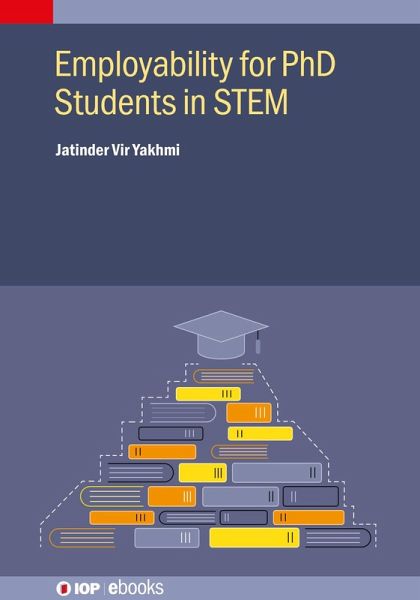
Employability for PhD Students in STEM (eBook, ePUB)
Versandkostenfrei!
Sofort per Download lieferbar
20,95 €
inkl. MwSt.
Weitere Ausgaben:

PAYBACK Punkte
10 °P sammeln!
One may have a degree qualification, even a PhD, that too a PhD in a STEM subject, but might still be struggling to get a job. We discuss 'WHY' does it happen, and how to get over that.We shall discuss three most crucial skills required by STEM PhDs: communicating ably through technical writing; impactful public speaking before peer-audiences, or mixed audiences; and avoiding the trap of a 'single-subject cocoon' by gaining expertise in at least two, if not more, non-overlapping subjects. Besides, a STEM PhD should also stay ahead of the emerging digital technologies by learning to work comfor...
One may have a degree qualification, even a PhD, that too a PhD in a STEM subject, but might still be struggling to get a job. We discuss 'WHY' does it happen, and how to get over that.
We shall discuss three most crucial skills required by STEM PhDs: communicating ably through technical writing; impactful public speaking before peer-audiences, or mixed audiences; and avoiding the trap of a 'single-subject cocoon' by gaining expertise in at least two, if not more, non-overlapping subjects. Besides, a STEM PhD should also stay ahead of the emerging digital technologies by learning to work comfortably with AI and related high-tech tools like big-data, machine learning and chatbots.
Key Features:
We shall discuss three most crucial skills required by STEM PhDs: communicating ably through technical writing; impactful public speaking before peer-audiences, or mixed audiences; and avoiding the trap of a 'single-subject cocoon' by gaining expertise in at least two, if not more, non-overlapping subjects. Besides, a STEM PhD should also stay ahead of the emerging digital technologies by learning to work comfortably with AI and related high-tech tools like big-data, machine learning and chatbots.
Key Features:
- Discusses how students working for a PhD in STEM subjects can acquire essential skills and tune up to become employable for their dream jobs after graduation
- Focuses on the need to use the PhD years to gain useful skills, particularly multidisciplinary skills and those relating to exponential technologies (such as AI, IoT, machine learning and cybersecurity)
- Discusses issues that are particularly relevant to the current academic and professional landscape, such as overcoming disruptions to career growth
- Covers skills including writing, public speaking, self-management, risk-management, collaboration, teamwork, conflict resolution, innovation and entrepreneurship
- Explains how to grow as a leader and use every opportunity to build self-confidence and translate it into positive energy for the self and colleagues at work
Dieser Download kann aus rechtlichen Gründen nur mit Rechnungsadresse in A, D ausgeliefert werden.






